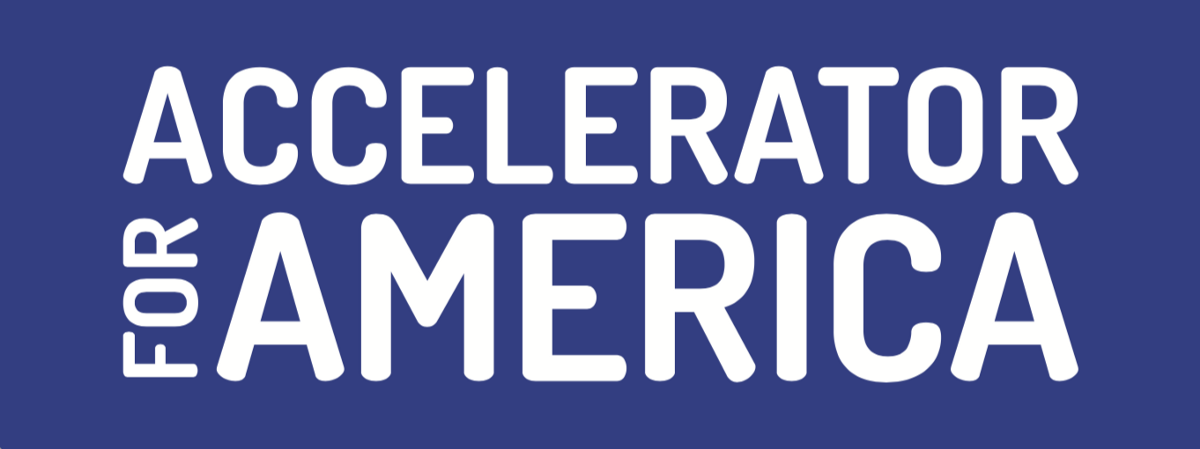Mayor Quentin Hart: The Comeback City
Recently, someone asked me: “What have you ever done on your own?"
At first I got defensive. But as I thought about it, I saw the faces of those who worked beside me, encouraged me, or went before me to make successes possible.
I have done nothing on my own. None of us have. One of us may come up with a great idea. Others refine it, provide tools, finance it, or make connections to advance it. Nothing great is ever accomplished alone.
Former Iowa Governor Terry Branstad called Waterloo Iowa’s “Comeback City.” We have recent awards to prove it. Waterloo is the Iowa Small Business Association’s 2018 “small business community of the year.” According to Zippia, Waterloo is the 9th best mini metro city for employability and job markets in the US. It’s the most diverse city per capita in Iowa – a strength fueling our “comeback.”
In the late 1960s, Waterloo saw Iowa’s largest ever racial uprising. Today, I’m the first African-American Mayor in Waterloo’s history. I was raised in what was considered Factory City, USA in the 1960s and 1970s. As a child, I had a front row seat to our city’s the ups and downs. As an adult – first on the City Council, now as Mayor – I’ve helped craft changes shaping Waterloo now and into the future.
John Deere, Rath Packing Co., Construction Machinery Corporation and Chamberlain Manufacturing thrived in the 1970s. Those latter three businesses closed in 1980s and early ‘90s downturn and Deere shrank its local workforce from over 16,000 to under 6,000. Waterloo fought back, survived those setbacks, diversified its economy and planned for the future. In the 2000s Deere began a massive redevelopment that rippled through town. We’re seeing a riverfront renaissance, revitalized downtown and new, diverse businesses. We are poised for continued progress.
Rapid globalization has changed and strengthened our community. Our greatest asset in our city of over 70,000 is our diverse, inclusive citizenry. We are 17% African-American with growing Latino, Bosnian, Congolese, and Burmese populations. Students speak 45 different languages in our schools. We are committed to all people in our community. We are addressing and embracing immigration, diversity, inclusion, assimilation, and intentionally and proactively cultivating individual talent.
Cities across America, big and small, face similar challenges. We must strive for progress that includes everyone. Our teamwork, collaboration, and partnership is seen in project after project in Waterloo. We know that to work together, we must get to know each other, bond and unite neighbors, co-workers, businesses, educators, and city departments.
Accelerator for America knows that too. When we collaborate, we accomplish more. The Accelerator is helping me build relationships with other cities and mayors in a network of strong communities. In June, I met U.S. mayors in Las Vegas to discuss employment, transportation, Opportunity Zones, and more.
Within Waterloo or among cities, we are stronger when “we stick together” for our citizens’ economic opportunity and freedom – as Waterloo’s five Sullivan brothers did for liberty during World War II.

